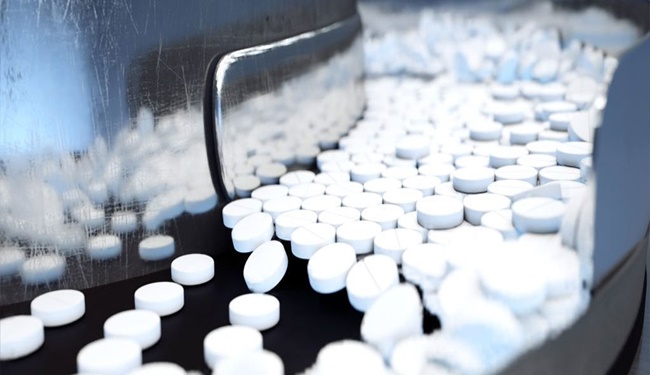(单词翻译:单击)
A class of drugs commonly used to treat acid reflux and heartburn has been linked to a greater-than-doubled risk of developing stomach cancer, a study has found.
一项研究表明,一种常用来治疗胃酸逆流和胃灼热的药物可能会使患胃癌的风险倍增。
Proton pump inhibitors (PPIs) are used to suppress acid production in the stomach and are among the most widely sold drugs in the world, but a 2017 study revealed that long-term use of the medicine can increase stomach cancer risks by almost 250 percent.
质子泵抑制剂被用来抑制胃酸的产生,是世界上最畅销的药物之一,但2017年的一项研究表明,长期使用这种药物会使患胃癌的风险增加近250%。
The risks are associated with a bacterium called Helicobacter pylori, carried by more than half of the world's population – most often harmlessly, but in a small percentage of people, the bug has been tied to the development of stomach cancer.
这种风险与一种幽门螺杆菌有关,世界上一半以上的人口都携带有这种细菌,它通常是无害的,但这种细菌与一小部分人患上胃癌有关。
Previous research found that people with an ongoing Helicobacter pylori infection taking a PPI stood a greater chance of developing a precursor to stomach cancer, called atrophic gastritis.
先前的研究表明,持续感染幽门螺杆菌的患者服用了质子泵抑制剂更有可能发展成胃癌的前兆,也就是萎缩性胃炎。
While the mechanism for this was unclear, it's long been considered that eliminating the infection prior to taking PPIs – which have been linked to various adverse effects – might reduce the prospects of getting cancer.
虽然这种原理尚不明确,但长期以来人们一直认为,在服用与各种不良反应有关的质子泵抑制剂之前,消除感染可能会降低患癌症的风险。

But the recent research shows that might not be the case.
但最近的研究表明,情况可能并非如此。
"Proton pump inhibitors (PPIs) are an important treatment of Helicobacter pylori infection and have good safety records for short-term use," said researcher Ian Wong from University College London.
伦敦大学学院的研究人员伊恩·王表示,“质子泵抑制剂是治疗幽门螺杆菌感染的重要药物,短期使用的安全记录良好。”
"However, unnecessary long-term use should be avoided."
“但是,应避免不必要的长期使用情况。”
Greater frequency of PPI usage and longer-term treatment with the medication appeared to up the likelihood of developing cancer further.
质子泵抑制剂的使用频率过高,且使用这种药物进行长期治疗似乎会增加患癌症的可能性。
Daily PPI use was associated with a 4.55 times greater risk of cancer than baseline, and became as high as an 8-fold greater risk if the drugs were taken for more than three years.
每天服用质子泵抑制剂而罹患癌症的风险是平时的4.55倍,而这种药物如果使用超过3年,其风险将高达8倍。
The researchers acknowledged that this is only an observational study, so we can't assume from the data that PPIs are the cause here – but nonetheless, it's an alarming finding that shows there's more going on than scientists previously realised.
研究人员表示,这只是一项观察性研究,因此我们不能从数据中推断出质子泵抑制剂是导致这一结果的原因,但尽管如此,这一令人担忧的发现表明,引发癌症的可能还有比科学家此前意识到的更多的因素。


